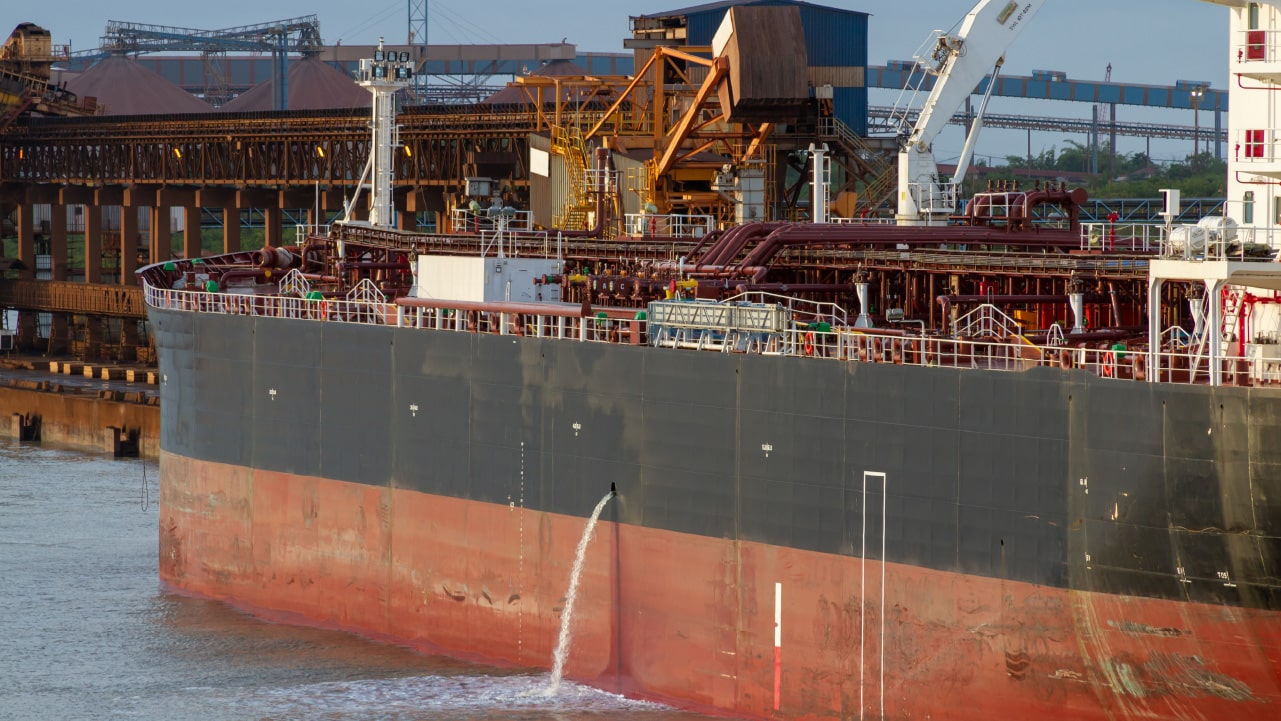MARPOL, fully known as the International Convention for the Prevention of Pollution from Ships, is a key international marine environmental convention. The convention was established by the International Maritime Organization (IMO) to minimize pollution on the seas, including dumpage, oil and air pollution.
The convention comprises two treaties, 1973 MARPOL Convention and the 1978 Protocol. They were combined to form what’s commonly referred to as “MARPOL 73/78”. Later it was updated several times as per emerging needs, with the latest consolidated version being released in 2022.
MARPOL Structure
MARPOL is structured into six annexes, each focusing on a different type of ship-generated pollutant:
MARPOL Annex I: Regulations for the Prevention of Pollution by Oil
This annex contains regulations designed to prevent both accidental and operational oil pollution. It is best known for its adoption of “oil record book” requirements and the establishment of certain sea areas as “special areas”, where stricter oil discharge restrictions apply. The guidelines have significantly reduced oil spills from ships.
MARPOL Annex II: Regulations for the Control of Pollution by Noxious Liquid Substances in Bulk
Annex II details the guidelines involving harmful substances carried in bulk. It regulates the discharge standards and control procedures used when vessels carry noxious liquid substances – these include chemicals, oils, liquefied gases, etc.
MARPOL Annex III: Regulations for Preventing Pollution by Harmful Substances Carried at Sea in Packaged Forms
Annex III sets standards for packing hazardous materials to ensure they don’t harm marine life if accidentally released. These precautions include marking packages visibly, properly securing cargo during transport, and using environmentally friendly packaging materials.
MARPOL Annex IV: Regulations Concerning Discharges from Ships Equipped with Systems to Treat Sewage
With an aim to preserve water quality and protect marine life, annex IV mandates certain standards for sewage treatment systems on board ships. These regulations prohibit direct discharge of untreated sewage into seas except under specific circumstances.
MARPOL Annex V: Regulations about Disposal Methods for Different Types of Garbage from Ships
Annex V aims at minimizing trash being dumped into the ocean by regulating disposal methods. It addresses all types of garbage including plastics, dunnage, food waste etc., introducing more strict guidelines on their disposal particularly in special sea areas.
MARPOL Annex VI: Regulations Controlling Emissions and Energy Efficiency for Ships
The latest addition to MARPOL – Annex VI focuses on controlling air pollution from ships. It limits sulphur oxide (SOx) and nitrogen oxide (NOx) emissions globally and carbon dioxide emissions through energy efficiency measures.
In summary, MARPOL plays a crucial role in maintaining environmental balance by imposing rigorous international standards designed to minimize marine pollution caused by ships. Its enforcement has significantly improved the health and cleanliness of our oceans while ensuring that maritime activities are more sustainable moving forward.
These regulations are applied to all sailing vessels globally with an aim towards preserving marine life and protecting ocean health against human-caused pollutants.
MARPOL – Consolidated edition 2022 online course.
The aim of this course is to provide learners with a fundamental understanding & knowledge regarding the MARPOL Convention (Edition 2022) and each one of its 6 Annexes.
Ship pollution can potentially lead to the destruction of marine life. Oil spills, dangerous substances, sewages, garbage, plastics, and ship emissions can be very dangerous for sea flora and fauna. Additionally, pollution by ships may have a serious impact on the environment, human health, as well as the economy. Therefore, preventing the pollution caused by ships is extremely important. IMO has adopted the International Convention for the Prevention of Pollution from Ships (MARPOL), to ensure that shipping remains the least environmentally damaging mode of transport.
Highlights:
- Understand the objectives and content of the MARPOL Convention.
- Identify the importance of adopting the MARPOL regulations regarding ballast water and biofouling.
- Describe the general requirements that ships shall apply and the respective regulations of Annexes I, II, III, IV, V & VI.
- Identify the dangers of common practices on board that could potentially cause pollution at the marine environment.
Legislation & References:
- IMO’s International Convention for the Prevention of Pollution from Ships, (MARPOL Convention) Consolidated Edition, 2022
Industry best practices
Duration: 2,5 h
Who should attend:
- All crew (on board), and ashore personnel
Approval: ABS
You might also be interested in these courses: ISO14001 – Environmental Awareness Systems, Pollution Response, Ship Garbage Management Plan






